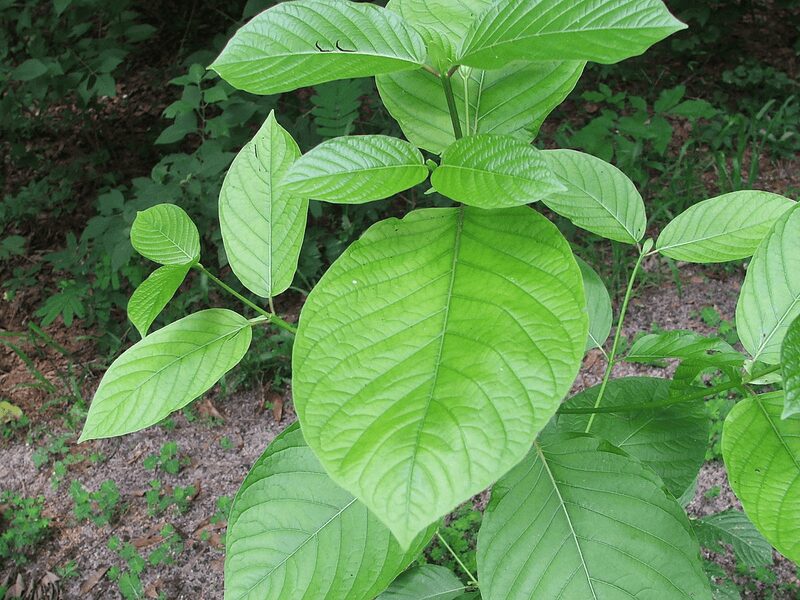Kratom is currently illegal in Vermont. The state bans both the plant and its main active alkaloids, placing Vermont among the few jurisdictions with a full statewide prohibition on kratom products.
Overview of Vermont’s Kratom Ban
Vermont law targets kratom by regulating its primary alkaloids, mitragynine and 7‑hydroxymitragynine, as controlled or regulated drugs. This classification makes it unlawful to manufacture, sell, possess, distribute, or import kratom in any form anywhere in the state. The ban applies equally to natural leaf, powders, capsules, extracts, and finished products purchased online and shipped into Vermont, even if those products were sold legally in their state of origin.
As a result, Vermont stands with states like Alabama, Arkansas, Indiana, Rhode Island (until its scheduled reversal), and Wisconsin on lists of places where kratom is fully prohibited. Anyone found with kratom inside Vermont, regardless of where they obtained it, is subject to Vermont law and its penalties.
Legal Consequences and Enforcement of Vermont Kratom Laws
Because kratom’s alkaloids are treated as regulated or controlled drugs, violations can lead to criminal charges similar to those imposed for other controlled substances. Possession of kratom can be prosecuted as unlawful possession of a regulated drug, and penalties may escalate when larger quantities or evidence of intent to sell are involved. Commercial activity such as manufacturing, importing, distributing, or retailing kratom products can attract more serious charges and higher fines.
Enforcement applies not only to in‑state businesses but also to individuals who bring kratom across state lines. A Vermont resident or visitor who buys kratom in a neighboring state where it is legal and then transports it home is still breaking Vermont law once they cross the border. Law‑enforcement guidance stresses that “I bought it legally elsewhere” is not a defense under Vermont statutes.
Pending Legislation That Could Change the Vermont Kratom Law
In 2025, Vermont lawmakers introduced House Bill H.416, a Kratom Consumer Protection Act proposal designed to replace the complete ban with a tightly regulated legal market. The bill would remove kratom’s alkaloids from the state’s regulated‑drug list and instead treat kratom as a regulated consumer product, subject to registration, testing, and labeling rules. It also proposes a minimum purchase age of 21, along with standards for testing facilities and manufacturing practices.
A related Senate measure, S.121, tracks many of the same themes, focusing on kratom product safety and consumer protections. Together, these bills reflect legislative interest in moving from prohibition to regulation. However, neither bill has been enacted, and the kratom ban remains fully in place.
Proposed Regulatory Framework Under H.416 and S.121
If H.416 or an updated version passes, Vermont would likely adopt one of the strictest kratom regulatory regimes in the country. Draft language calls for kratom manufacturers to use ISO/IEC 17025‑accredited laboratories to test for mitragynine and 7‑hydroxymitragynine content, heavy metals, and microbial contamination. Products would need to be produced in facilities meeting federal good manufacturing practices, with detailed labels listing ingredients, alkaloid levels, batch numbers, and health warnings.
The bills also outline significant civil penalties for noncompliance. Fines could be imposed for selling adulterated or mislabeled kratom products, selling to individuals under 21, or failing to register as a kratom processor or retailer. Repeat or willful violations could lead to higher penalties, injunctions, or permanent loss of the right to sell kratom in the state. These proposals show that any future legalization in Vermont will likely come with strong consumer‑protection conditions rather than a lightly regulated market.
Practical Takeaways for Vermont Residents and Visitors
Until a new law is actually passed and takes effect, kratom remains fully illegal in Vermont. Residents should avoid purchasing, possessing, or ordering kratom products, even from online vendors that ship nationwide, because Vermont law applies to any kratom physically present in the state. Visitors traveling from nearby states where kratom is legal should ensure they do not carry kratom across the border into Vermont, whether by car, bus, train, or plane.
For those following kratom policy, Vermont is a key state to watch. If lawmakers eventually adopt H.416, S.121, or similar legislation, Vermont could become the first state to formally transition from a complete kratom ban to a regulated legal market, potentially influencing debates in other prohibition states. Until that happens, however, the safest assumption is that all kratom products are prohibited in Vermont and can carry criminal consequences if possessed or sold within state lines.

